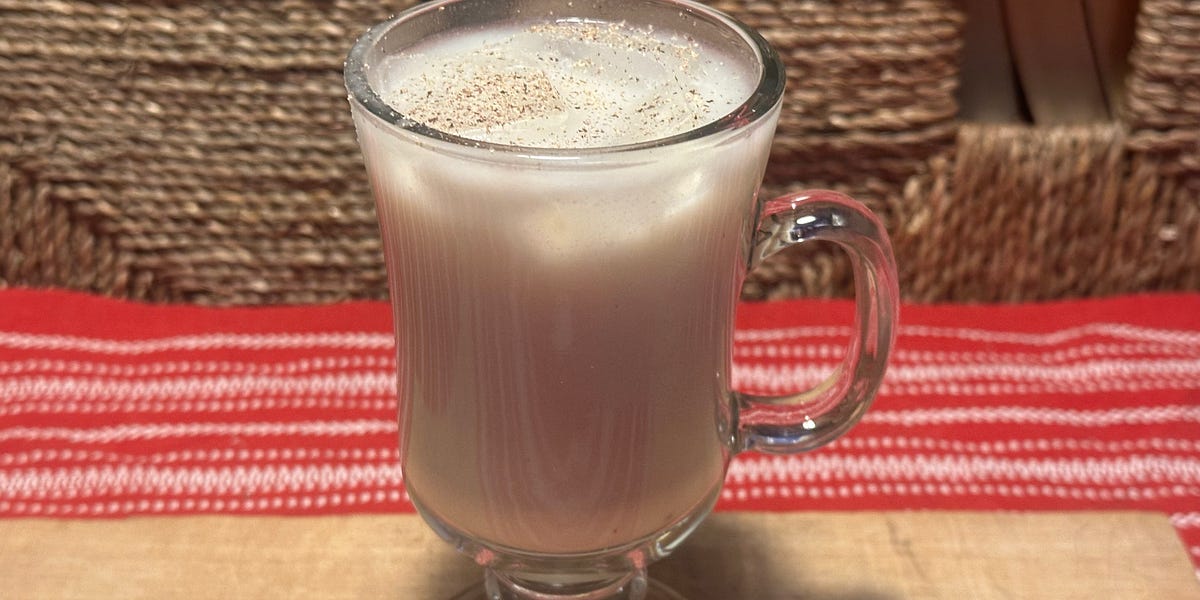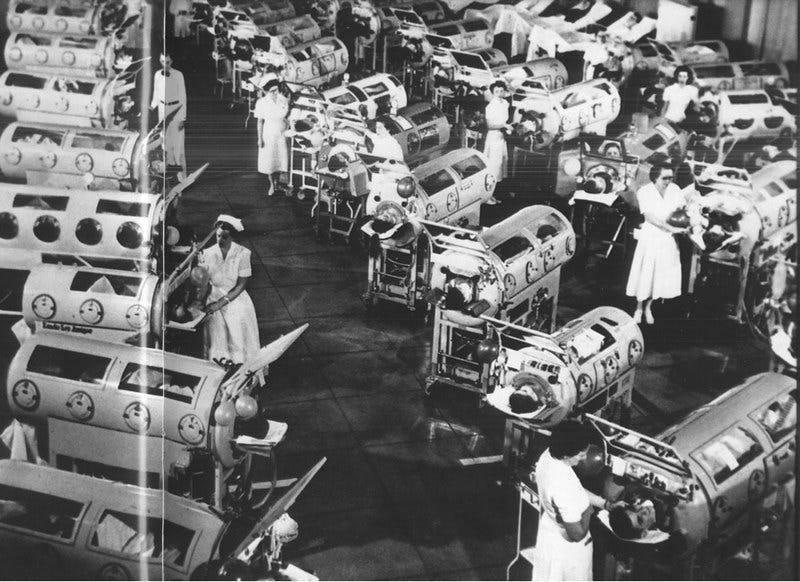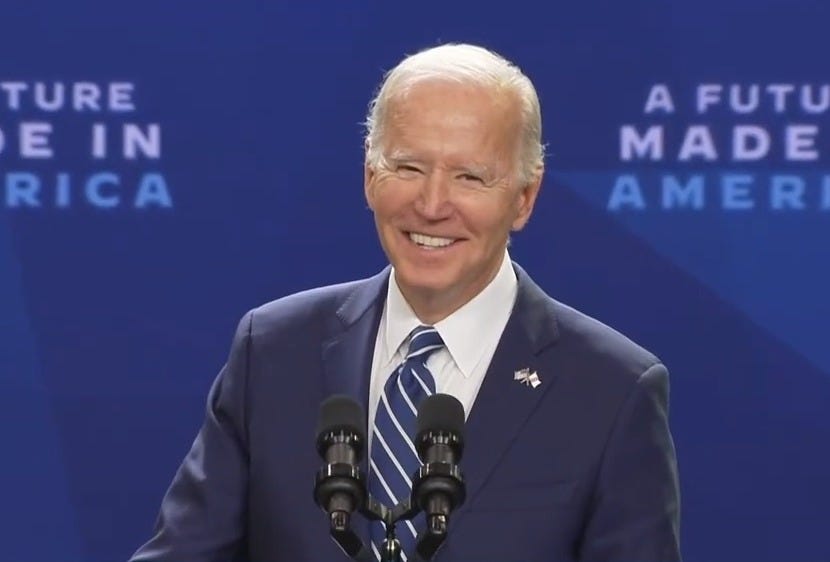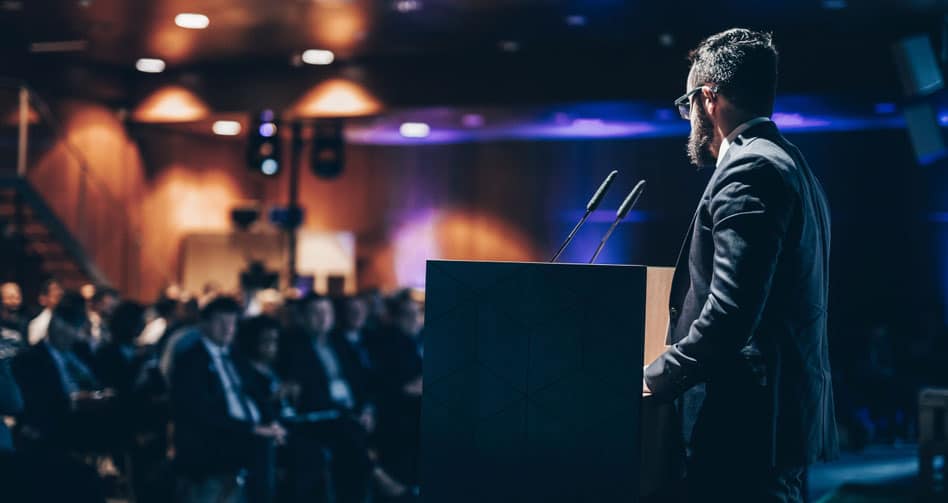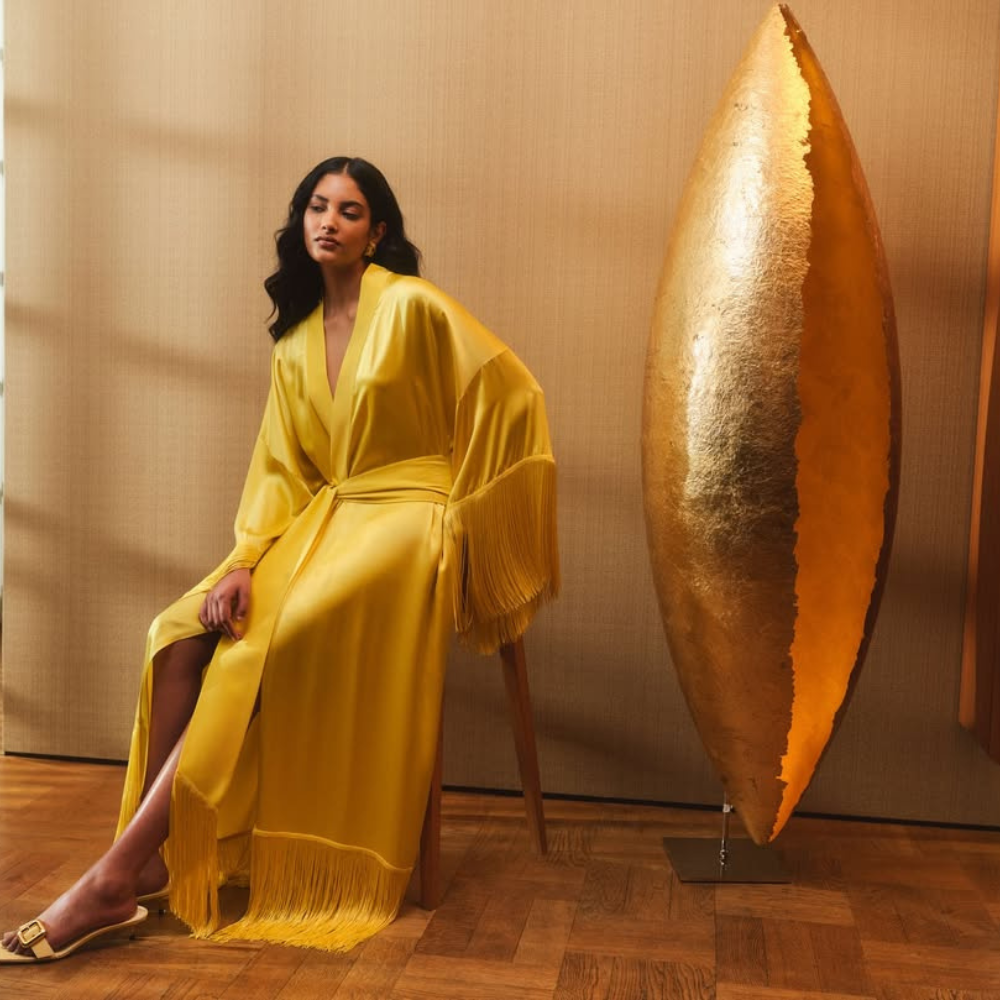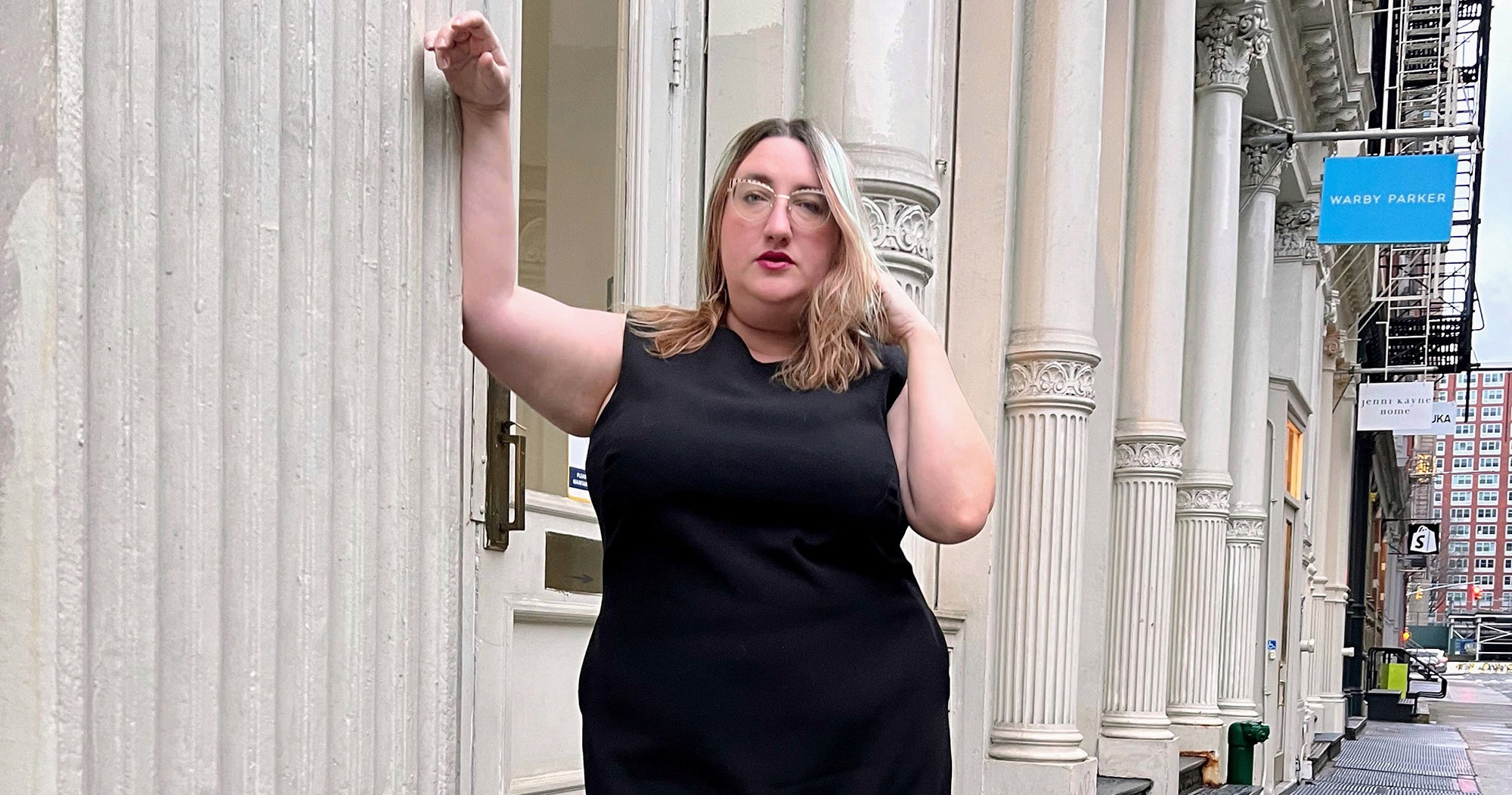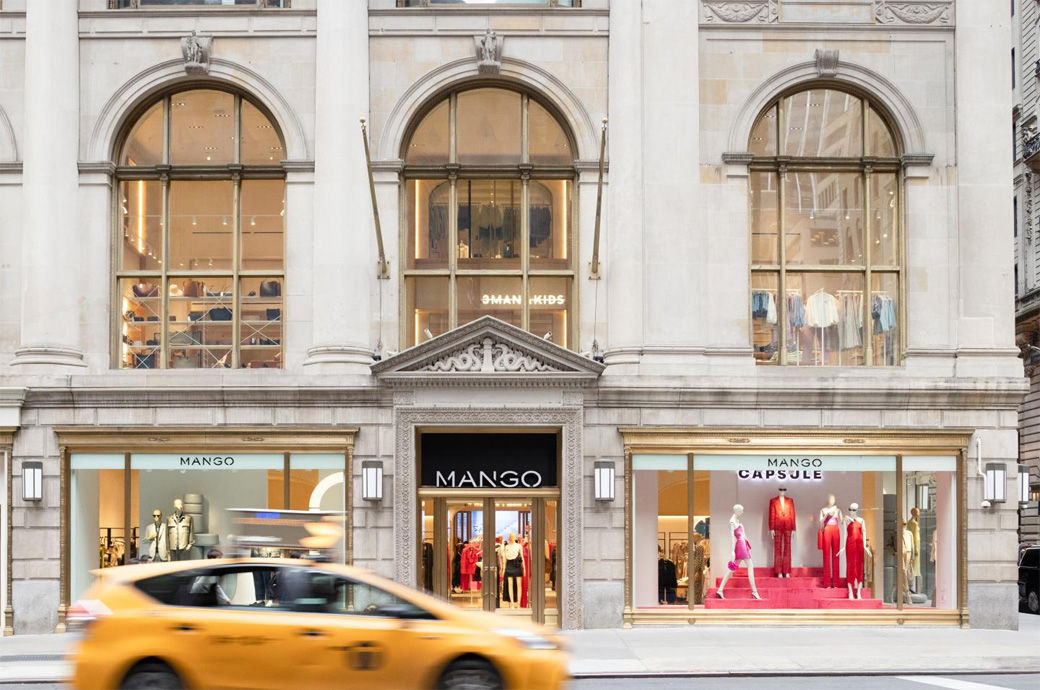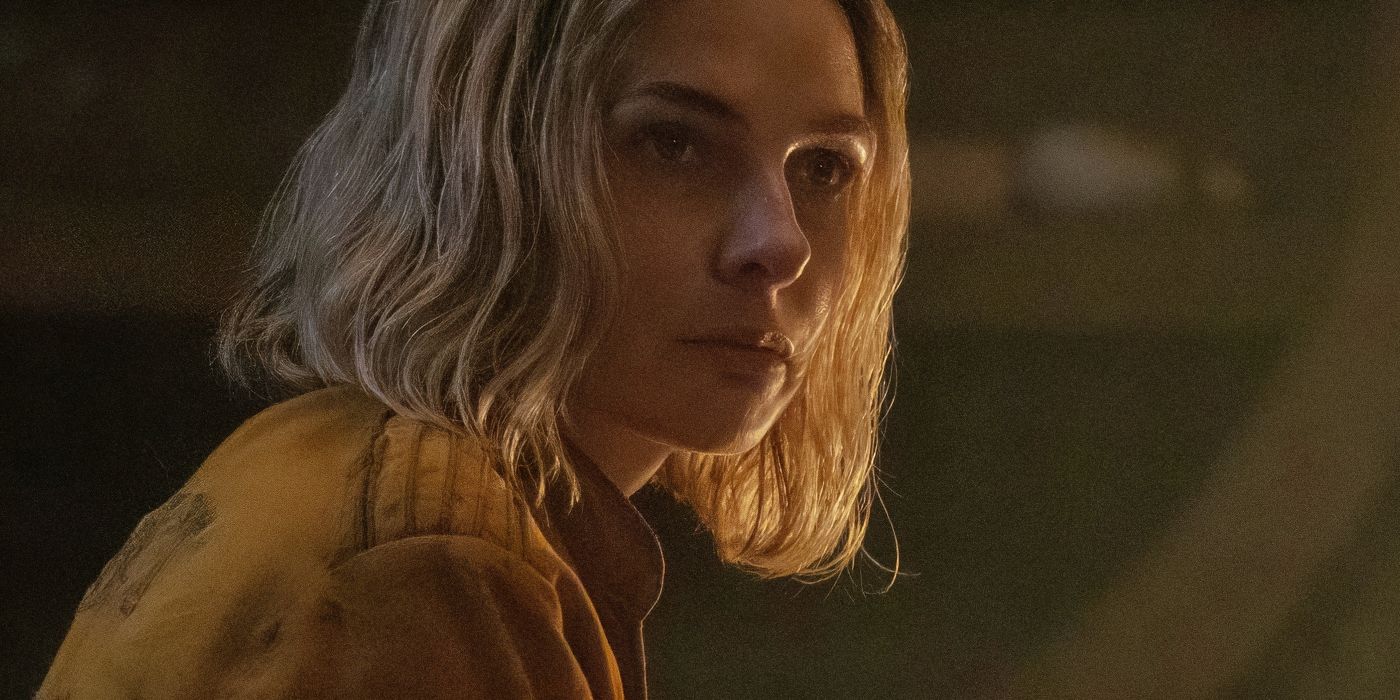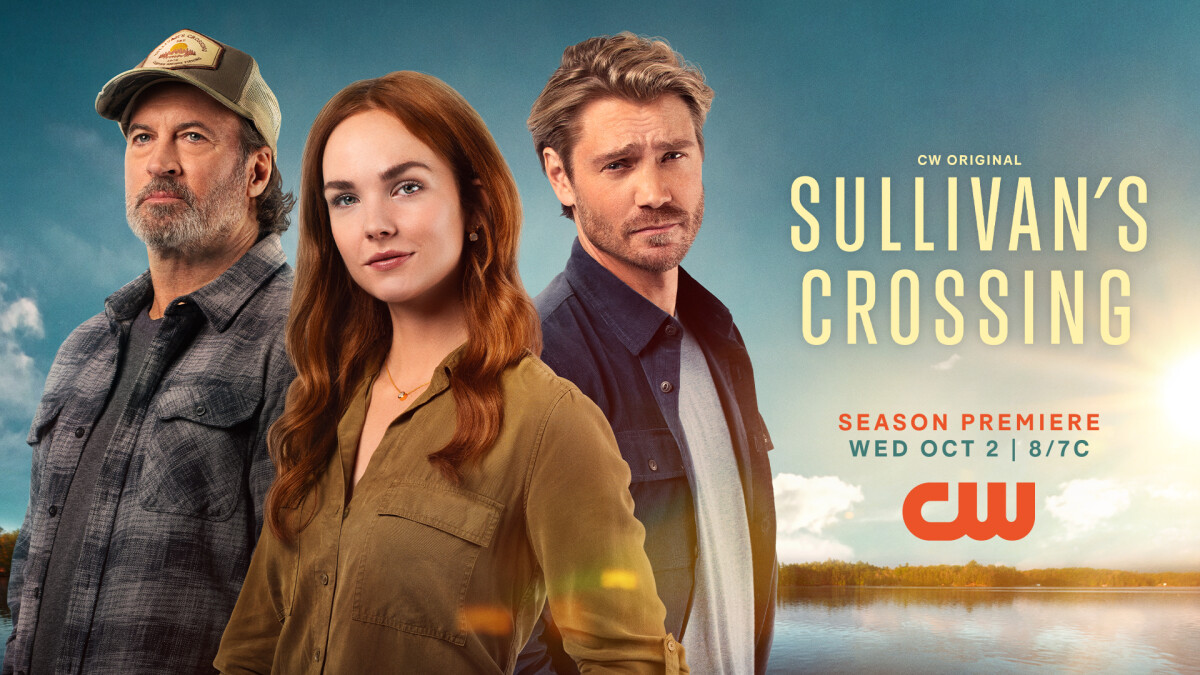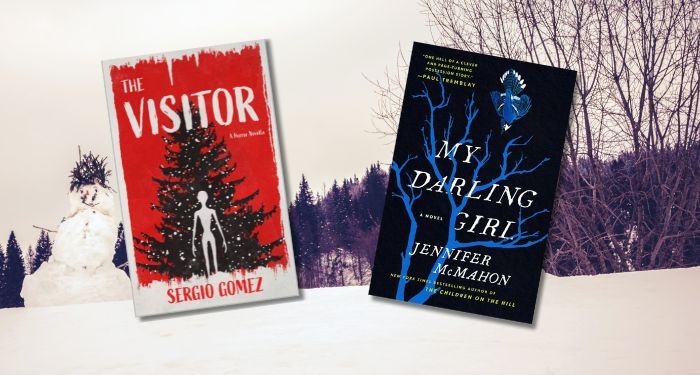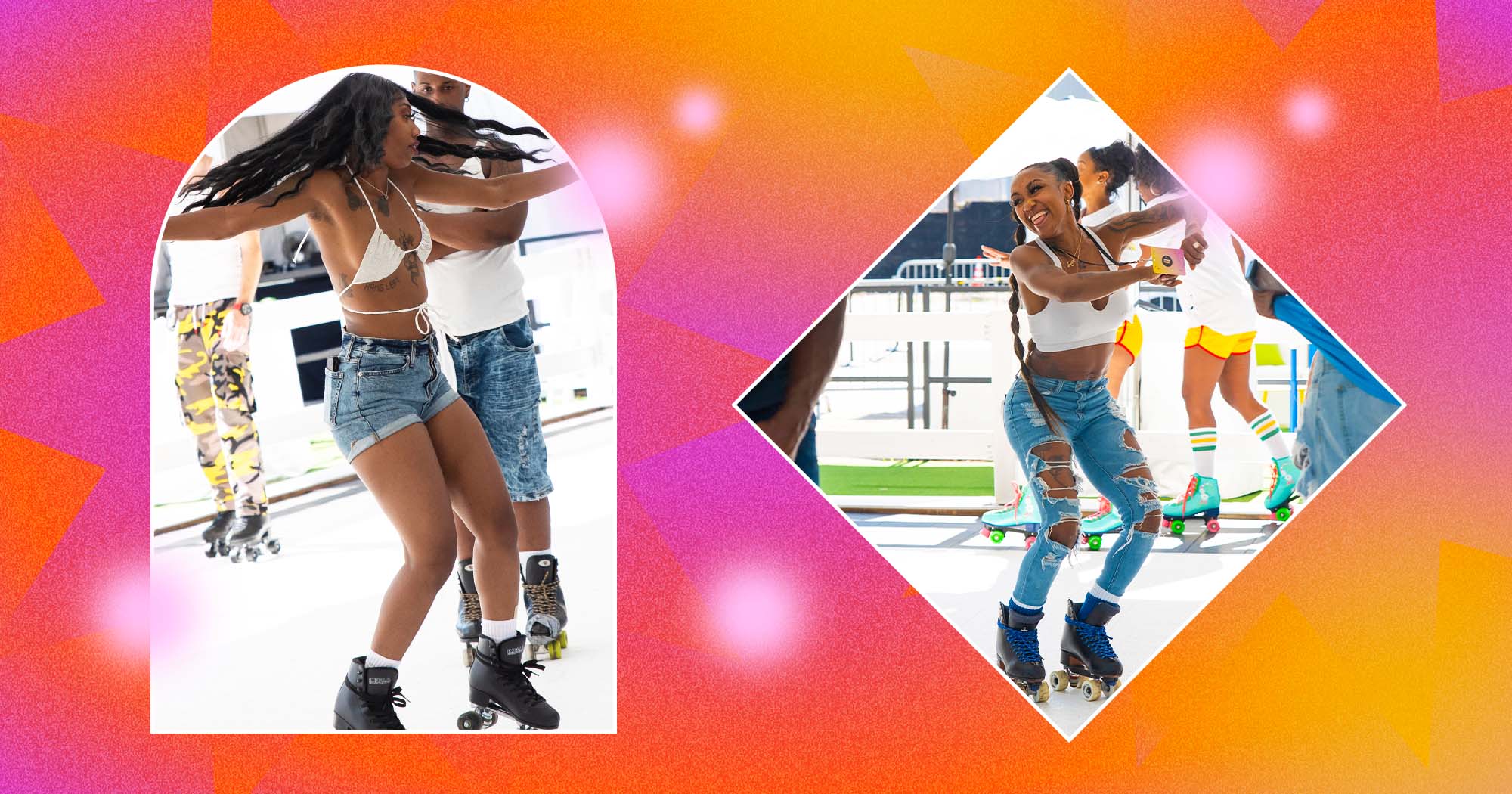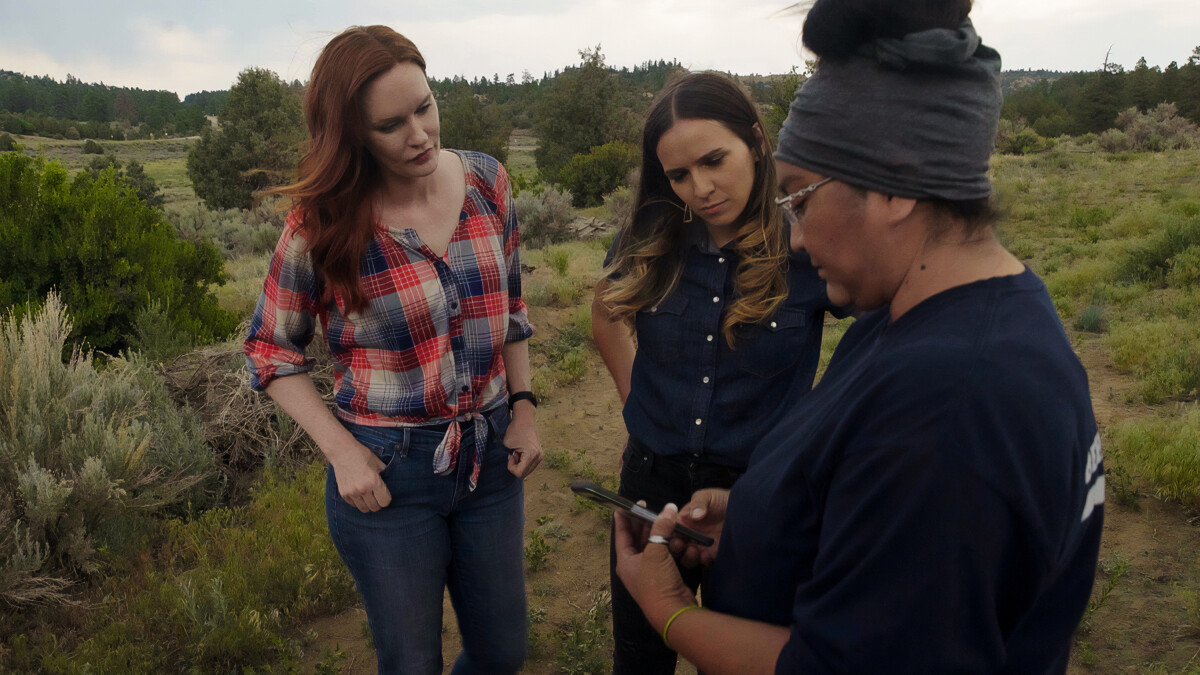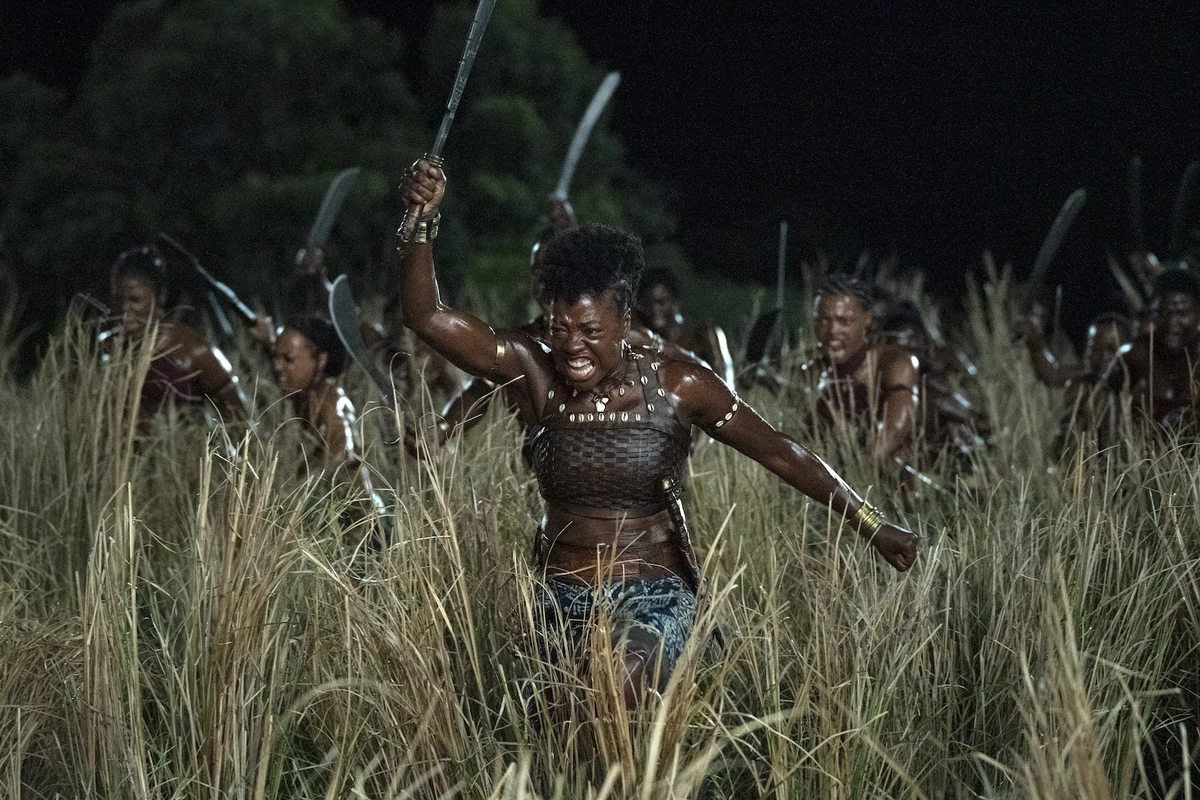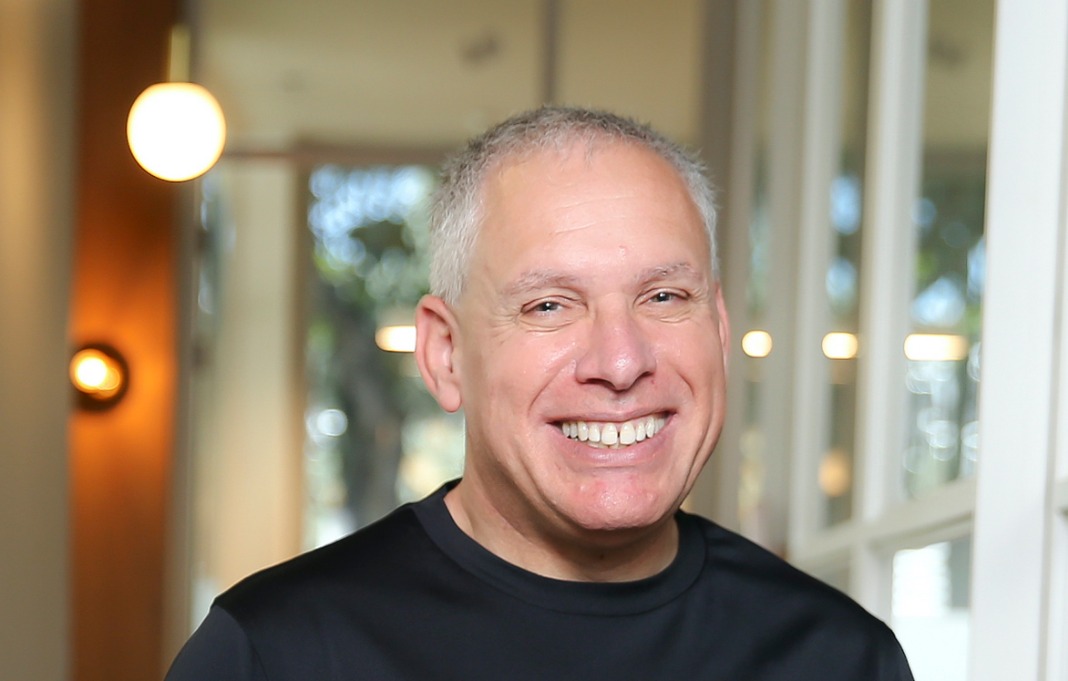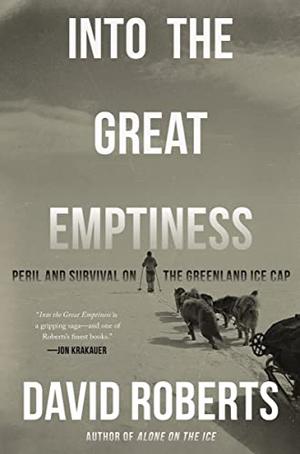But as the 20th century progressed and integration became the law of the land, rink owners found new ways to keep crowds racially divided (either because of personal bias or to not upset white patrons), deploying terms like “Soul Night” as codenames for what became de facto Black-only nights. As counterintuitive as it was, these nights allowed Black skaters to create their own approach to their artistry, says Jocelyn Marie Goode, an artist, UX researcher, and skater who founded the African-American Roller Skate Museum in 2021. “We were skating alone, without the white gaze, which led to a divergence of style,” she says. “Then, when white people saw what we were doing, it became mainstream. That’s what you saw in the ’70s, and later in the ’90s.”










